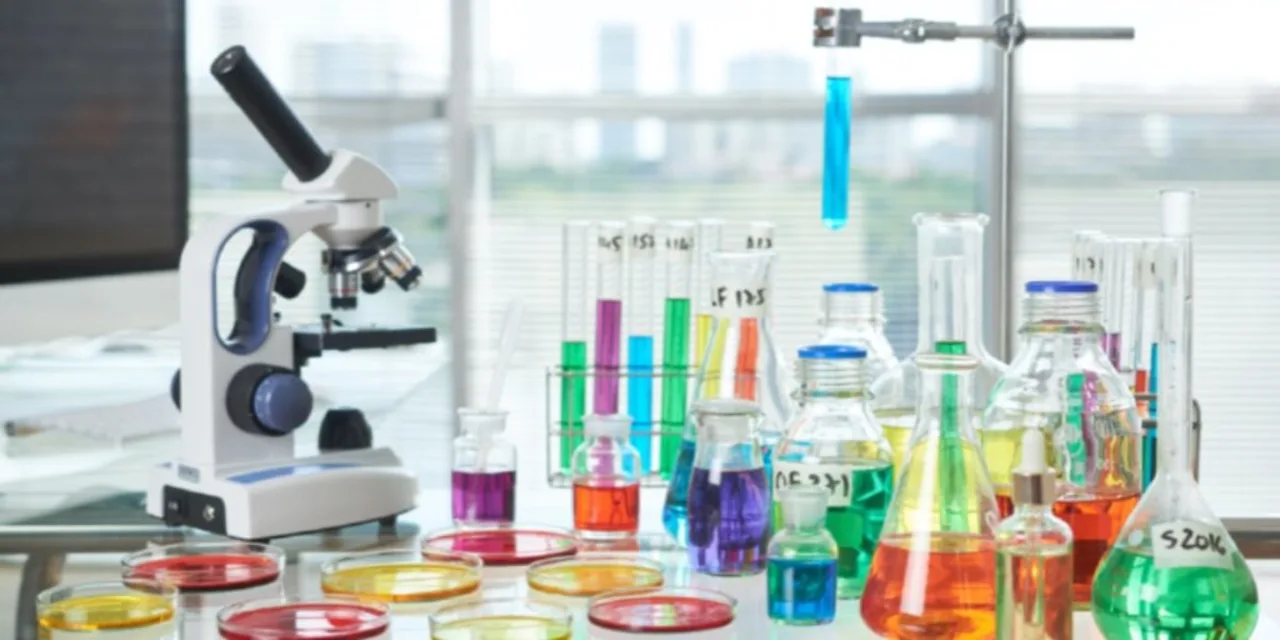May 22, 2023, Posted by: Kendall Harlow

An Introduction to Procedures in Science Projects
As a science enthusiast, I often come across the term 'procedure' when working on various science projects. But what exactly does it mean, and why is it so crucial for the success of any scientific investigation? In this article, I will break down the concept of a procedure in a science project and explain its importance. We will discuss the following topics:
Defining the Procedure: The Backbone of Every Science Project
At its core, the procedure is the step-by-step plan that you follow to carry out a scientific investigation. It provides a clear, detailed, and replicable set of instructions that allow you to perform your experiment in a controlled and systematic manner. A well-designed procedure helps ensure that your results are accurate, reliable, and valid, which is essential for drawing meaningful conclusions and furthering our understanding of the world around us.
Formulating Your Hypothesis: The Starting Point of the Procedure
Before you can develop a procedure for your science project, you first need to have a hypothesis. A hypothesis is a testable statement that predicts the outcome of your experiment based on your understanding of the topic. Your procedure will then be designed to test this hypothesis, allowing you to either support or refute it based on the results of your investigation. In this section, I will discuss the importance of formulating a strong hypothesis and how it lays the foundation for your procedure.
Materials and Equipment: Gathering the Right Tools for the Job
Once you have a clear hypothesis, it's time to gather the materials and equipment you'll need to conduct your experiment. This is a critical part of the procedure, as using the right tools can greatly affect the accuracy and reliability of your results. In this section, I will discuss the importance of selecting appropriate materials and equipment for your science project and provide tips on how to source them effectively.
Step-by-Step Instructions: The Heart of the Procedure
Now that you have your hypothesis and materials in place, it's time to develop the step-by-step instructions that make up the heart of the procedure. These instructions should be clear, concise, and easy to follow so that anyone can replicate your experiment and achieve the same results. In this section, I will discuss the importance of clear and concise instructions and provide tips on how to structure them effectively.
Troubleshooting and Refining Your Procedure
As you work through your science project, you may encounter unexpected challenges or discover that certain aspects of your procedure need to be revised. This is a normal part of the scientific process, and it's essential to be adaptable and willing to make changes as needed. In this section, I will discuss the importance of troubleshooting and refining your procedure to ensure the most accurate and reliable results possible.
Documenting Your Procedure: A Key Component of Scientific Communication
Once you have completed your science project, it's essential to document your procedure in a clear and organized manner. This allows others to replicate your experiment, validate your findings, and build upon your work in the future. In this section, I will discuss the importance of documenting your procedure and provide tips on how to do so effectively.
Conclusion: The Impact of a Well-Designed Procedure on the Success of Your Science Project
In conclusion, the procedure is a vital component of any science project, as it provides the framework for conducting your experiment in a controlled and systematic manner. A well-designed procedure ensures accurate, reliable, and valid results, allowing you to draw meaningful conclusions and contribute to our understanding of the world around us. By dedicating time and effort to developing a thorough and replicable procedure, you can greatly increase the likelihood of success in your science project and further your growth as a scientist.
Author
Kendall Harlow
I am an avid traveler, always looking for the next adventure. I enjoy exploring new cultures and learning about different ways of life. I'm never afraid to take a risk in order to experience something new.